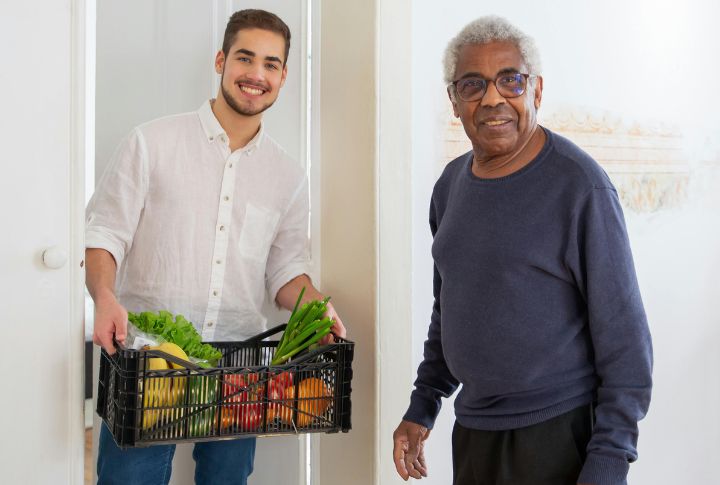
You know that weird moment when you’re trying to be polite—but something just feels off? Some gestures we grew up calling “polite” now spark discomfort instead of appreciation. As social dynamics shift, these most well-meaning habits can feel out of place—leaving people unsure if they’re being courteous or just awkward. Want to know which everyday manners might be quietly working against you? You’ll never look at politeness the same way again.
Pulling Out Someone’s Chair At A Table

Once a hallmark of refined etiquette, pulling out someone’s chair has quietly shifted from charming to controversial. Even though this classic bit of table etiquette still signals politeness in traditional settings, modern diners increasingly value their autonomy, turning a well-meaning assist into an awkward hover.
Offering Unsolicited Help With Someone’s Belongings
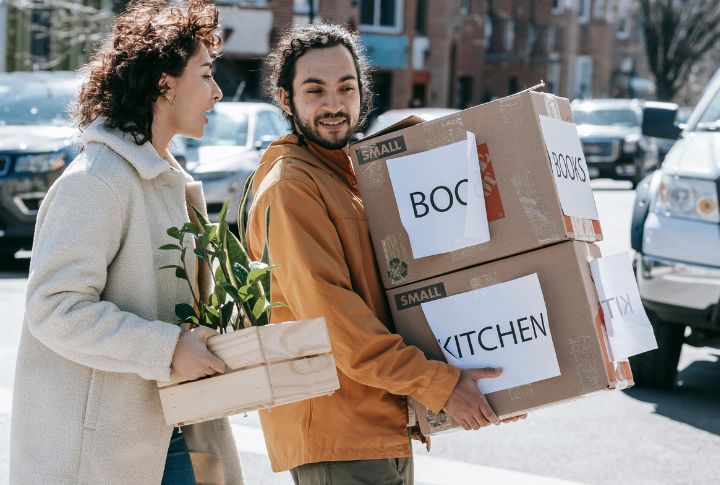
While many of us were raised to believe that offering to carry someone’s bags or belongings is the height of courtesy, the well-intentioned gesture can actually backfire in today’s world. Such unsolicited assistance may violate personal boundaries, make people feel incapable, and create unease in public spaces like airports.
Addressing Elders With Formal Titles (“Sir,” “Ma’am”)

For many families, addressing elders with “Sir” or “Ma’am” remains a cherished expression of cultural respect and traditional manners. Yet for others, these formal titles create an unwanted social barrier, with numerous older adults preferring the warmth of first-name connections in today’s more casual settings.
Commenting On Someone’s Appearance As A Compliment

The once-celebrated art of appearance-based compliments has met an unexpected snag. Though well-meaning remarks like “You’ve lost weight” or “You look so much better now” were taught as a friendly social grace, they now tend to backfire spectacularly and leave recipients wrestling with body image anxieties or revisiting private health journeys.
Waiting To Eat Until Everyone Is Served
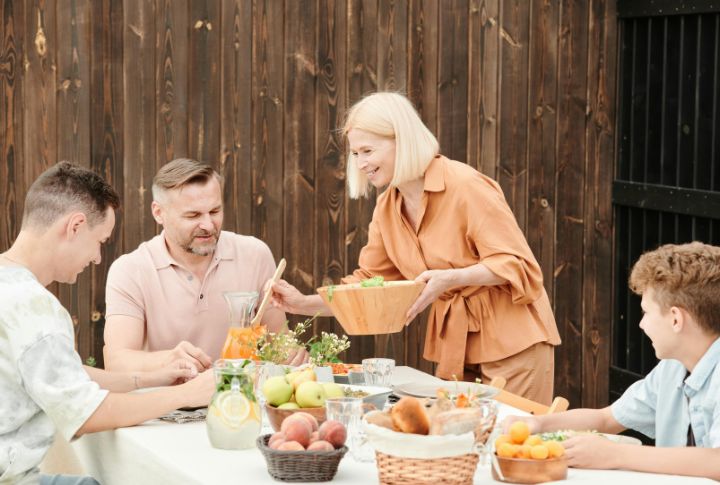
The old custom of waiting for everyone to be served—once a sign of table respect—now sparks awkward delays in our fast-paced world. With staggered service more common, meals cool quickly. Many now begin eating when served unless hosts say otherwise, and some cultures even view prompt eating as praise for the chef.
Sending Handwritten Thank-You Notes For Casual Favors
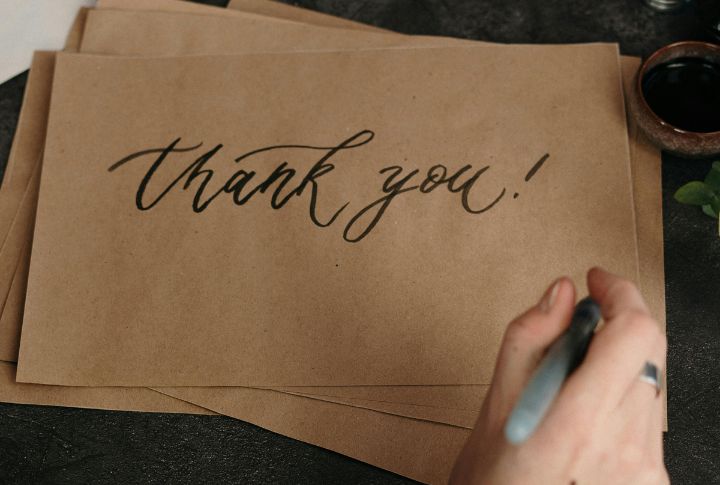
If someone sends an ornate handwritten note to thank you for watering their plants, it can trigger an unexpected wave of social obligation, making a simple favor feel weighty and formal. Handwritten thank-you notes reflect sincere effort and care. Still, in modern, more casual connections, a simple digital message often feels just right.
Insisting On Formal Handshakes

That confident handshake was once the go-to move for leaving a strong impression in professional circles. These days, forcing physical contact on someone can come across as pushy or tone-deaf to personal boundaries. People have different comfort levels with touch, especially post-pandemic. A wave or nod works perfectly fine, and insisting on the handshake ignores that not everyone wants to be grabbed.
Calling People “Dear,” “Sweetheart,” Or Other Endearments In Public

The social dynamics of casual endearments reveal a striking generational divide in language perception. Terms like “dear” and “sweetheart” were historically taught as markers of warmth and friendliness. But in today’s professional and public settings, those same words can spark discomfort, often coming across as patronizing or overly familiar.
Insisting On Paying The Full Bill In Group Settings
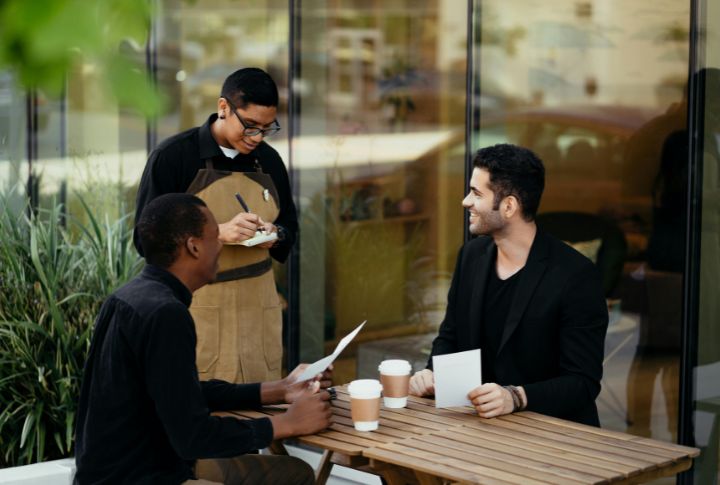
Grabbing the check for everyone used to be the ultimate power move of generosity. Now it just makes things uncomfortable. People want to pay their share, and insisting otherwise can feel controlling or like you’re keeping score. Split payments have become the norm, and fighting against that creates unnecessary tension at the table.
Offering Food Repeatedly After Someone Declines
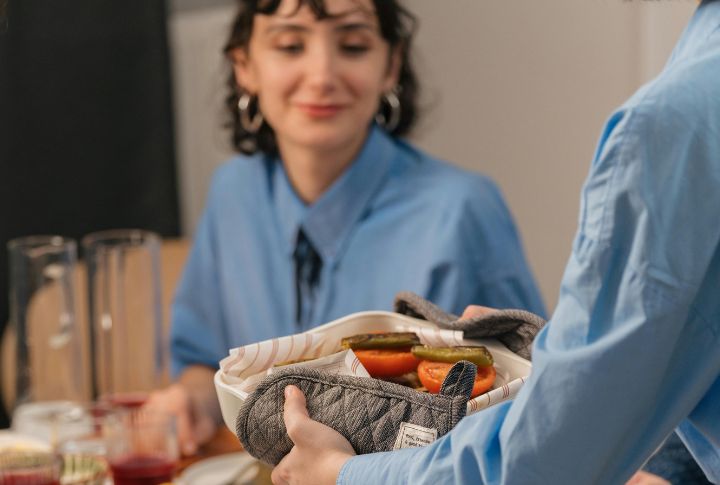
Every gracious host knows the dance: that earnest desire to feed and nurture through multiple offerings of food, a tradition steeped in hospitality. Yet what feels like warmth from one side of the serving plate can land like pressure on the other, especially for guests with dietary restrictions or from cultures where a single, polite refusal is expected to be respected.

